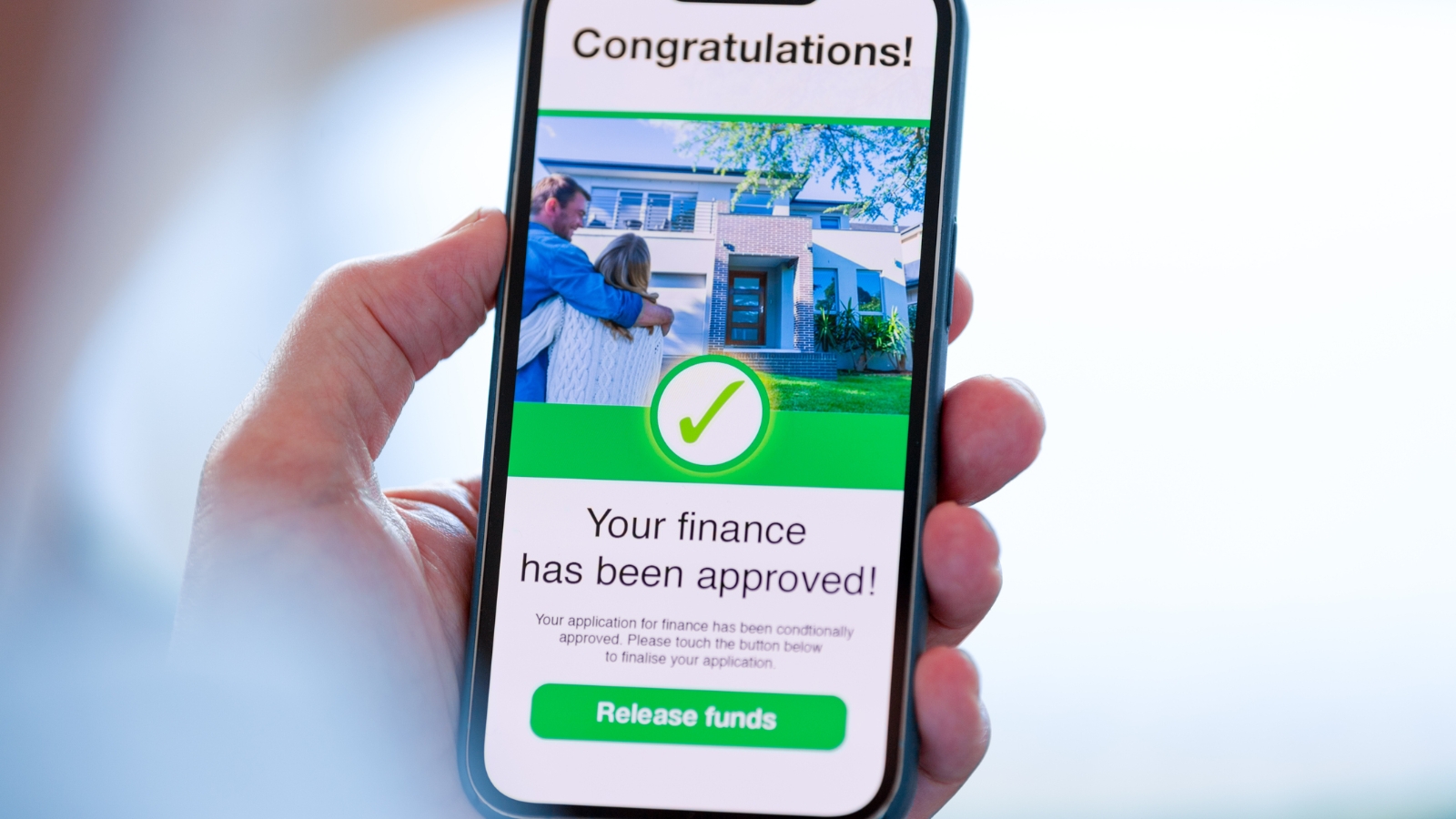Buying guide
Pay off your mortgage faster with these 20 tips
Paying your mortgage off faster could save you thousands of dollars. Here are our top tips to get you going.

Pay your mortgage off faster and save on interest
1. Make as many extra repayments as possible
2. Start extra repayments right away
3. Review your mortgage at least once a year
4. Put lump sums towards your mortgage
5. Switch to fortnightly repayments
6. Keep your repayments the same when interest rates decrease
7. Increase your repayments when your financial circumstances improve
It's a great idea to speak to your lender once a year minimum to review your mortgage.
8. Start repayments right away
9. Automate the extra bit
10. Give negotiating a go
11. Don’t ‘capitalise’ loan fees and purchase costs
12. Use a revolving credit or floating portion
Making extra repayments in the first few years of your home loan can have a huge impact.
13. Avoid fees for switching lenders
14. Try an offset account
15. Weigh costs and benefits when refinancing
16. Don’t default to your bank
17. Find savings and put them towards your mortgage
Your mortgage doesn't have to last for 30+ years.
16. Delete high interest debt
19. Reduce your mortgage term
20. Make your mortgage a priority
Author
Discover More

Derelict for 40 years: 1860s cottage beautifully restored by ‘hopeless romantics’
John and Janet Adams have renovated this historical cottage into a cosy haven that honours its rich past

‘People knock on the door because it’s such an amazing spot’: Coffee industry hotshot selling waterfront home
Peek inside Wellington architecturally designed waterfront home
Search
Other articles you might like







